Municipal waste generation per year per inhabitant in Cyprus exceeds by far the European Union (EU) average: 609 kg compared to around 505 kg on average in 2020. Cyprus produced 543,000 tons of solid waste in 2020, compared to the 571,000 tons the previous year, of which the vast majority (~79%) was disposed of in landfills. According to Green Dot, in 2021 only 29,727 tons of waste were recycled, an increase from the 27,319 tons recycled the previous year. The Cypriot policy on waste management is currently based mainly on the waste hierarchy (prevention, reuse, recycling, recovery, and disposal). However, the directives from the EU are to gradually shift to a circular economy, aiming to make Europe cleaner and more competitive. In March 2022, the European Commission announced the first package of measures to speed up the transition towards a circular economy, as part of the circular economy action plan.
Since Chemical Engineers are responsible for most manufactured products, it is paramount that Chemical Engineers have the necessary education to cope with both the national and European directives concerning the modern transition to a circular economy. To address this, the Department of Chemical Engineering at the Cyprus University of Technology is launching an MSc in Chemical Engineering, which is designed for students with a bachelor’s level of education and a strong interest in developing high-level competencies in Chemical Engineering to pursue a career either in research and development or in industry. The MSc program aims to train professionals wishing to develop a diverse knowledge base in Chemical Engineering, offering the potential for specialization in the interface between circular economy, biological processes, and sustainability. The specialization in Circular (Bio)Economy contributes to the 17 Sustainable Development Goals (SDGs) of the 2030 Agenda for Sustainable Development of the UN. Thus, the MSc program offers the opportunity for Cyprus to contribute towards the major global effort to achieve the SDGs for a better and more sustainable future for all.
Students will have the opportunity to acquire, during their dissertation (obligatory for all students), specific knowledge and research skills in one of the following circular economy scientific fields, which are currently addressed by the Department:
- Environmental Catalysis
- Chemical Process Engineering and Micro-reactors Design
- Novel Technologies for Energy Production
- Biochemical Engineering
- Biotechnology
- Environmental Engineering
- Renewable Energy Sources
- Water Treatment Technologies and Engineering
- Modelling of Environmental and Energy Systems
- Waste Treatment Technologies and Engineering
- Environmental Biochemistry
- Energy and Environmental Management
The master’s program will be delivered in English in a blended format: working professionals will be able to attend the lectures via a distance-learning platform, while the remaining students will attend lectures in person. However, laboratory courses must be conducted in person for all students, and will be offered over a one-month period during the summer semester (e.g., June or July).

